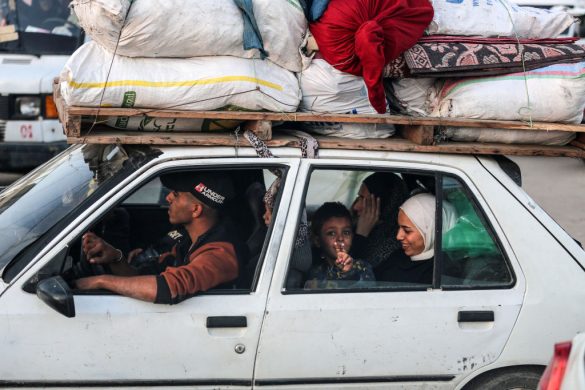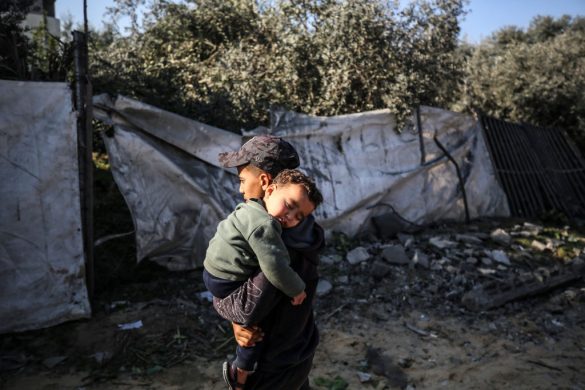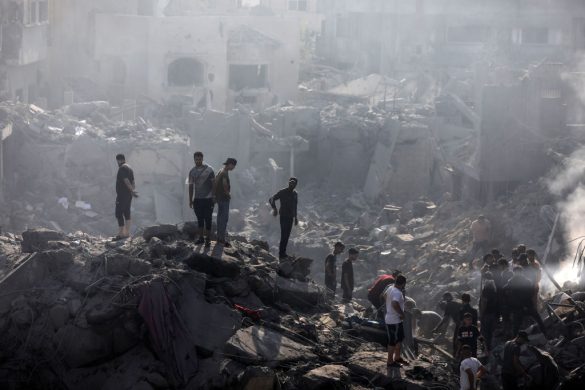Hundredtusinder af palæstinensiske flygtninge i nabolandet Libanon lever under kummerlige forhold – forskere kalder det en glemt helbredskrise, der har bredt sig godt skjult i overfyldte og forsømte lejre.
JOHANNESBURG, 9 October 2012 (IRIN): New research has uncovered the hidden health toll that refugee life in Lebanon has taken on more than 400.000 Palestinians.
UK medical journal The Lancet has published a series of abstracts drawn from a meeting of public health researchers, The Lancet-Palestine Health Alliance, in Beirut in March 2012.
The Alliance aims to “strengthen and expand the capacity of Palestinian scientists to study, report and advocate for the health of their own people,” explained Richard Horton, The Lancet’s editor-in-chief.
While much of the research investigates the negative physical and mental health impacts of living in the occupied Palestinian territory, several studies also explore the health and well-being of Palestinians living in Lebanon, which has hosted Palestinian refugees for more than 60 years.
Poor living conditions
According to one of the studies, by researchers from the American University of Beirut, “discriminatory laws and decades of .
“Over half of them live in increasingly overcrowded camps, where “the provision of housing, water, electricity, refuse and other services are inadequate and contribute to poor health”.
Out of 2.500 households surveyed, 42 percent had water leaking from their walls or roofs, and 8 percent lived in homes made of dangerous building materials such as asbestos.
No ventilation and daylight
Hoda Samra, a spokesperson for the UN Relief and Works Agency for Palestinian Refugees (UNRWA) in Lebanon, said many refugees live in shelters lacking ventilation and daylight.
While about 5.000 shelters are in need of rehabilitation, the agency has funding to repair only 730. Samra added that there is also a lack of funding to address rundown infrastructure in four out of 12 of the camps.
Camp populations continue to grow but the land allocated for them has not; the resulting overcrowding has exacerbated (forværret) public health problems.
“Some of the camps are growing vertically but not horizontally,” said Samra, noting that many of the structures were built haphazardly, too close together and without proper foundations.
The study found a direct correlation (sammenhæng) between poor housing conditions and poor health among respondents:
31 percent had chronic illnesses and 24 percent had experienced acute illnesses in the previous six months.
Poverty and illness
Læs videre på
http://www.irinnews.org/Report/96487/LEBANON-OPT-Hidden-health-crisis-facing-Palestinian-refugees














